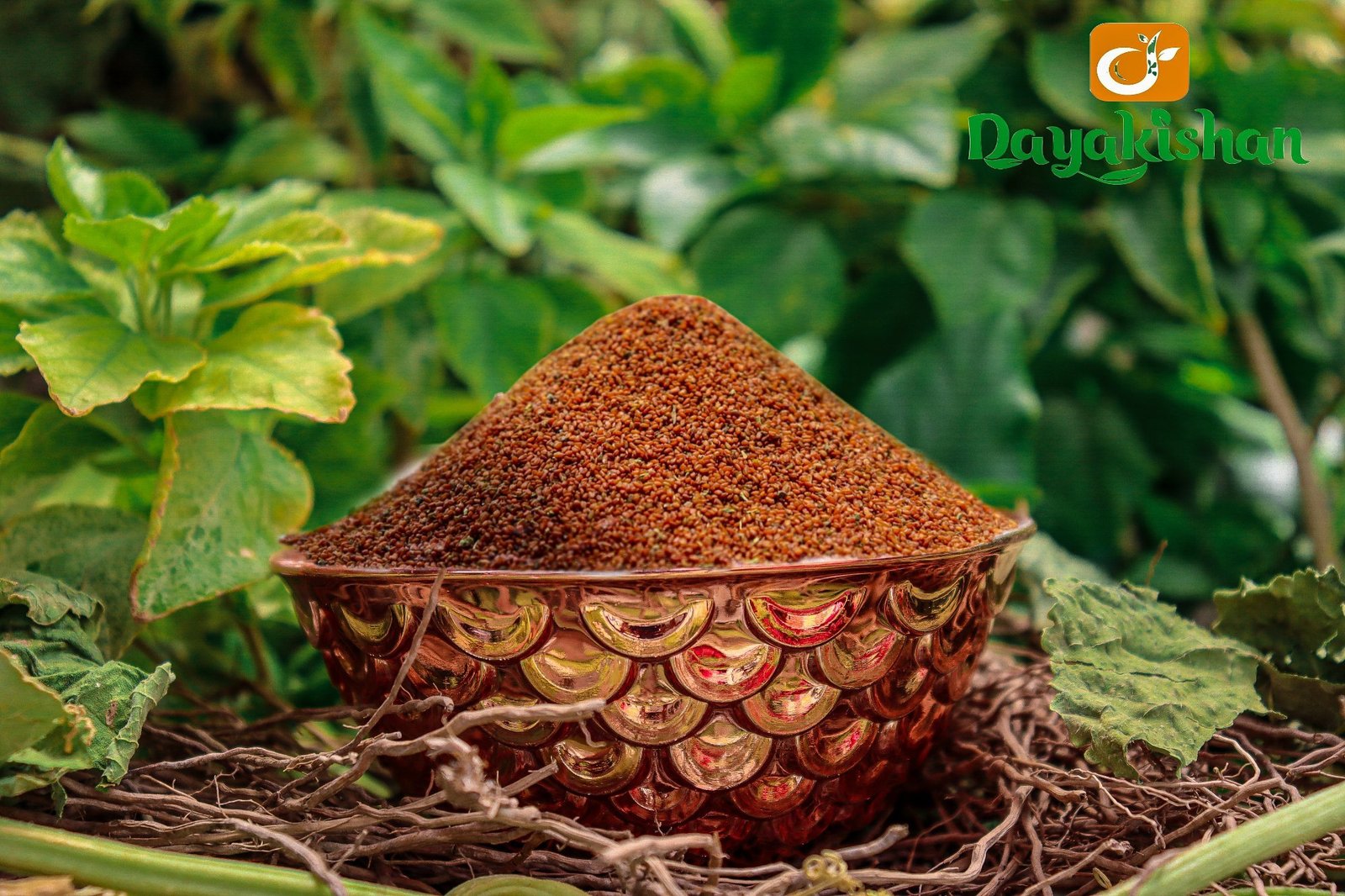The possible health advantages of khubkala seeds have drawn attention, especially in the treatment of fever and typhoid disease. This article examines the many facets of Khubkala seeds, providing information on their historical relevance, nutritional makeup, and scientific basis for health benefits.
Nutritional Composition of Khubkala Seeds
Examining the Khubkala seed’s nutritional makeup reveals a plethora of vital elements, such as fiber, vitamins, and minerals. These components support the general health-promoting qualities of Khubkala seeds, which makes them a complete dietary supplement.
The Role of Khubkala Seeds in Typhoid Management
For centuries, khubkala seeds have been valued for their ability to treat typhoid disease. According to recent research, the seeds may have antibacterial qualities that could aid in the fight against the bacteria that causes typhoid infections. One’s natural defense mechanisms may be supported by including Khubkala seeds in their diet.
Fever Reduction
Khubkala seeds have demonstrated potential in treating fever symptoms other than typhoid. It is thought that the seeds have anti-inflammatory qualities that can help lower fever and ease related discomfort. For people seeking relief from fever, Khubkala seeds may provide a softer alternative in natural therapies.
Traditional Uses of Khubkala Seeds in Ayurveda
Khubkala seeds have long been known to have medicinal benefits by the ancient Indian medical system Ayurveda. These seeds are thought to balance the body’s doshas and enhance general wellbeing when used in a variety of formulations. Examining the customary uses of Khubkala seeds yields important information on their all-encompassing therapeutic qualities.
Preparing and Incorporating Khubkala Seeds into Your Diet
The secret to reaping the health advantages of Khubkala seeds is to include them in your diet on a regular basis. This section offers helpful hints for preparing and using Khubkala seeds, whether they are to be used as a culinary ingredient or in herbal teas or tinctures.
Scientific Studies Supporting Khubkala’s Efficacy
We examine current scientific research and therapeutic trials to support the traditional beliefs about Khubkala seeds. Examining the benefits of Khubkala seeds supported by research lends credence to their possible use in treating fever and typhoid.
Potential Side Effects and Precautions
Even though khubkala seeds have a lot to offer the health community, it’s important to deal with any possible interactions or side effects. This section offers information on safety measures people should think about taking prior to introducing Khubkala seeds into their wellness regimens.
Khubkala Seeds vs. Conventional Treatments
We weigh the advantages and disadvantages of utilizing Khubkala seeds in comparison to traditional medical therapies while treating typhoid and fever naturally. For those looking for alternative methods, knowing the possible benefits of include Khubkala seeds in treatment regimens provides another level of well-informed decision-making.
The Future of Khubkala Research and Integration
The future of Khubkala research is bright, especially with the growing interest in natural therapies. This section looks at future research directions and possible developments in the use of Khubkala seeds in conventional medicine in the years to come.
Conclusion
Discovering the health advantages of Khubkala seeds reveals a wealth of conventional knowledge and empirical data. Khubkala seeds provide a natural and comprehensive approach to well-being, from their role in managing typhoid to their promise in reducing fever. Embracing the promise of Khubkala seeds may open the door to a healthier future as we investigate the nexus between conventional medicine and contemporary research. Including this adaptable seed in our diets is a step toward realizing the healing potential of nature, not merely a tribute to traditional customs.

